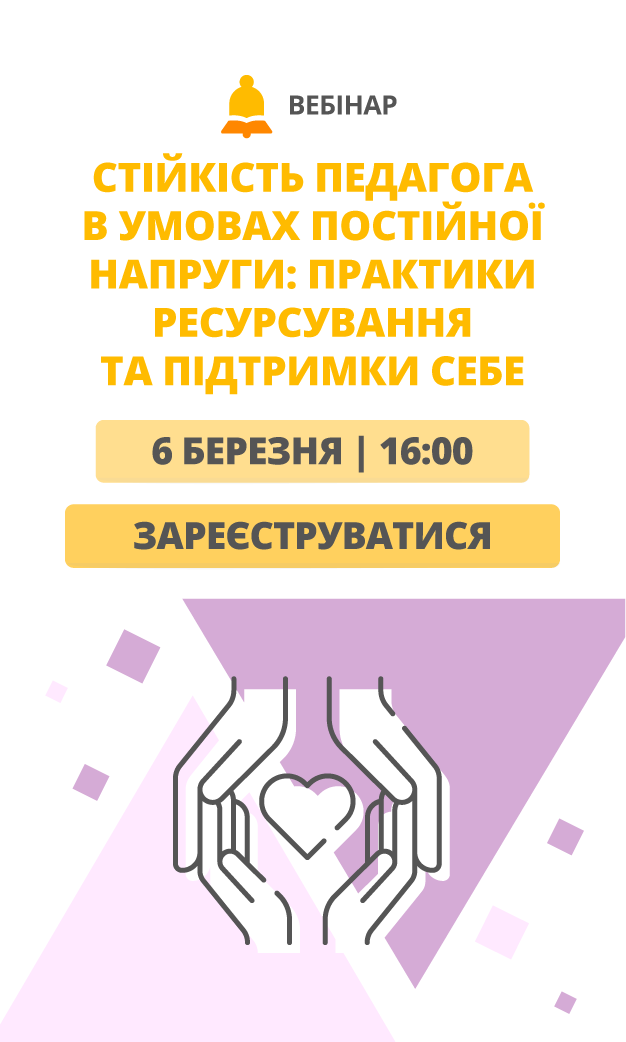Reading 2022 - 9
Read the texts about how three different people celebrate their friends’ birthdays. For each question, choose A, B or C.
WHO wanted a different kind of party from that of her friends?
Read the texts about how three different people celebrate their friends’ birthdays. For each question, choose A, B or C.
WHO explains how the celebration shows the friends’ feelings towards the birthday person?
Read the texts about how three different people celebrate their friends’ birthdays. For each question, choose A, B or C.
WHO doesn’t mind spending whatever money she’s got on her friends.
Read the texts about how three different people celebrate their friends’ birthdays. For each question, choose A, B or C.
WHO mentions the refreshments she’s offered at her friends’ house?
Read the texts about how three different people celebrate their friends’ birthdays. For each question, choose A, B or C.
WHO explains that not everyone she knows wants the same kind of celebration?
Read the texts about how three different people celebrate their friends’ birthdays. For each question, choose A, B or C.
WHO helped to arrange parties that her friends weren’t expecting?
Read the texts about how three different people celebrate their friends’ birthdays. For each question, choose A, B or C.
WHO enjoys meeting different people at the friends’ homes on birthdays?
Read the article about testing in schools. Match headings A–H with paragraphs 1–6. There are two extra headings
Fashions in education change with each generation. In the UK, for example, our parents’ generation may not have had as many tests as pupils nowadays. They certainly did school leaving tests, like pupils do now. But they didn’t have to succeed in tests all the way through school.
Read the article about testing in schools. Match headings A–H with paragraphs 1–6. There are two extra headings
Nowadays, test results are used for deciding whether pupils are in the right class. Tests can show that some students are very gifted, for example. So classes might be too easy for them. But if a pupil is finding everything hard, a test tells the teacher there’s a problem.
Read the article about testing in schools. Match headings A–H with paragraphs 1–6. There are two extra headings
Testing works well in areas that are easy to test, such as Science or Geography. But other skills, like being creative or being sociable are also very important. However, they’re not quite so easy to measure.
Read the article about testing in schools. Match headings A–H with paragraphs 1–6. There are two extra headings
Being creative is necessary if you want to have a job in the arts, for example. You need to think ‘outside the box’. That means finding unusual solutions to difficult situations. So it’s essential that pupils also learn these skills, and not just things they can do well at in tests.
Read the article about testing in schools. Match headings A–H with paragraphs 1–6. There are two extra headings
What’s more, not all schools believe in testing.
They feel that until pupils leave school, it’s more important that they should just love learning. And they feel the best way is to take away the stress of tests. So pupils only take tests when they have to compete with other pupils and apply for college and university.
Read the article about testing in schools. Match headings A–H with paragraphs 1–6. There are two extra headings
And some parents actually agree with the schools that don’t test. In fact, some even take their children out of school to teach them at home. They feel this is better. So who is right? Maybe there isn’t only one correct solution, and it all depends on the individual pupils.
Read the text below about detective series on TV. Decide if the sentences are A (True), B (False), or C (Doesn’t say).
Inspector Morse was based on a real-life detective.
Read the text below about detective series on TV. Decide if the sentences are A (True), B (False), or C (Doesn’t say).
Most detective series are written specially for TV.
Read the text below about detective series on TV. Decide if the sentences are A (True), B (False), or C (Doesn’t say).
People often have one detective who they like the best.
Read the text below about detective series on TV. Decide if the sentences are A (True), B (False), or C (Doesn’t say).
The stories in detective programmes are very realistic.
Read the text below about detective series on TV. Decide if the sentences are A (True), B (False), or C (Doesn’t say).
Sometimes, TV detectives take time to solve crimes.
Read the text below about detective series on TV. Decide if the sentences are A (True), B (False), or C (Doesn’t say).
The audience has a good chance of working out who committed the crime in detective shows.
Read the text below about detective series on TV. Decide if the sentences are A (True), B (False), or C (Doesn’t say).
Crime fiction has increased in popularity in recent years.

Створюйте онлайн-тести
для контролю знань і залучення учнів
до активної роботи у класі та вдома


















